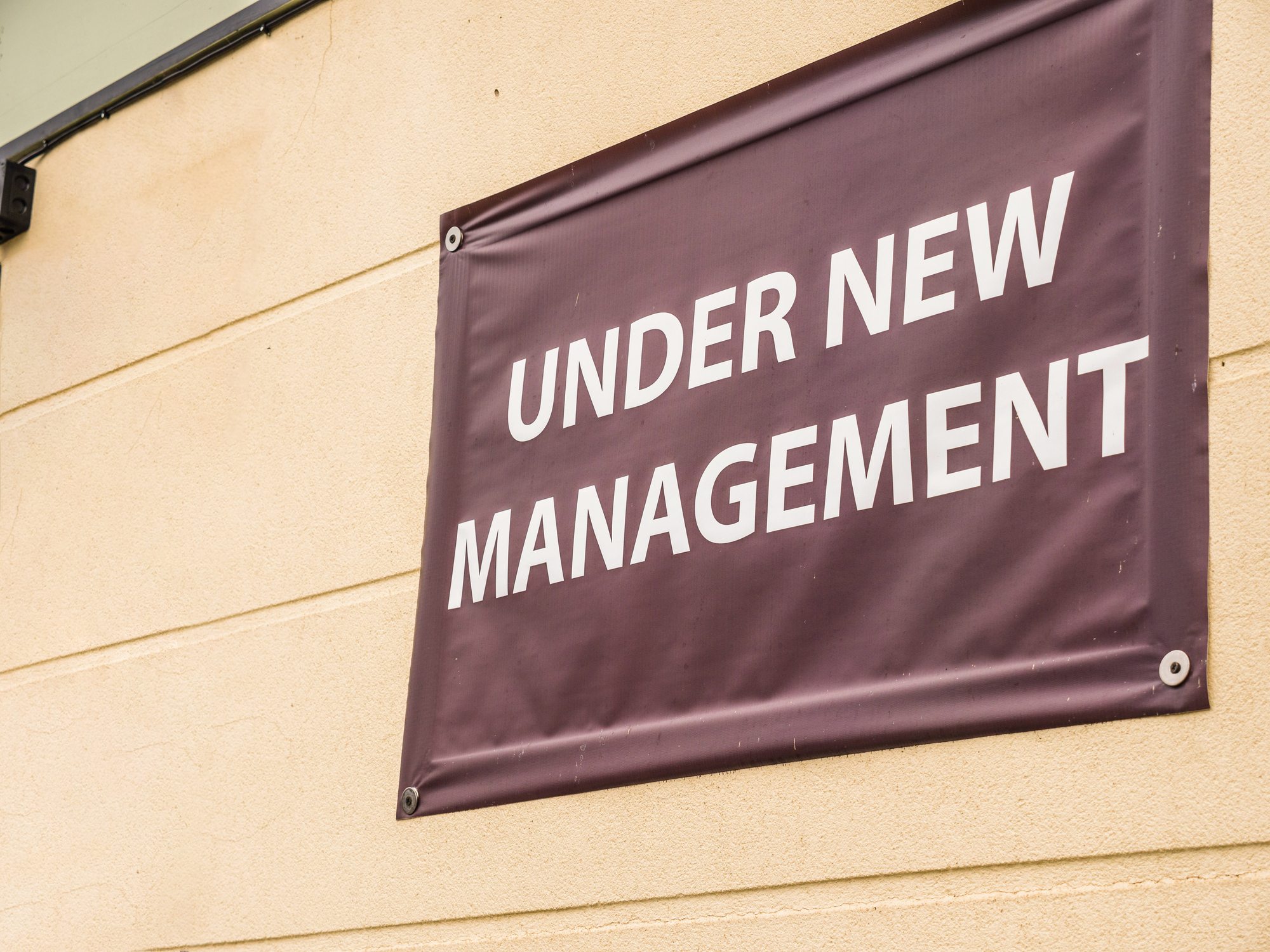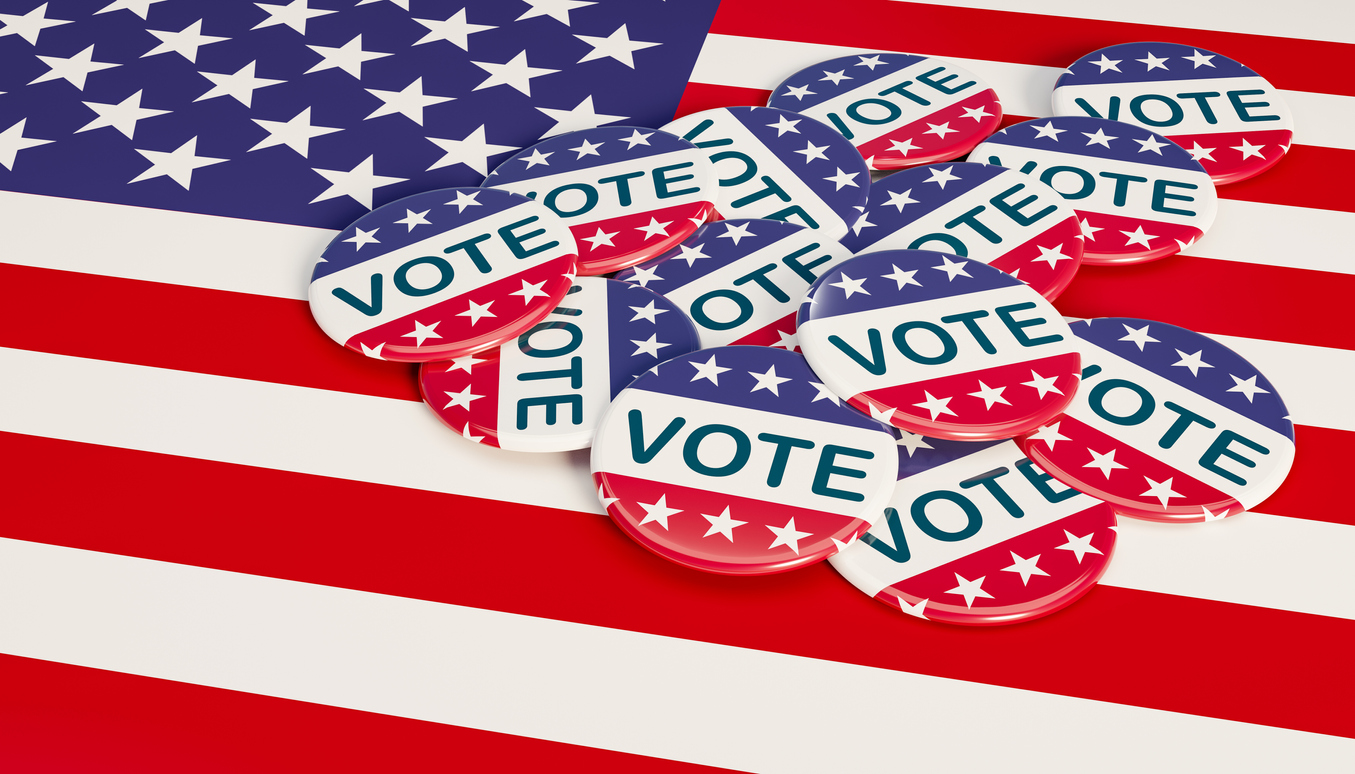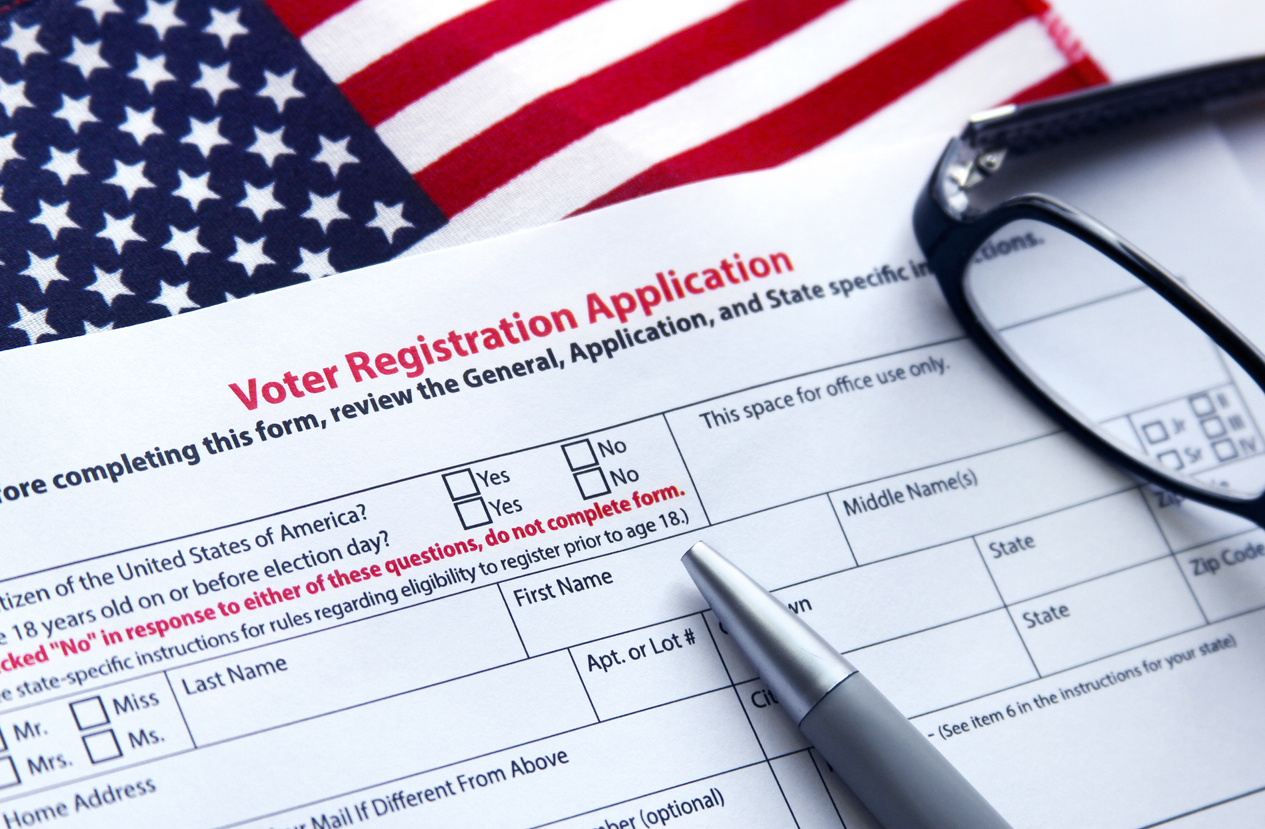In December 2017, the Republican-controlled congress passed the most significant overhaul to the U.S. tax code in three decades. The GOP lauded the Tax Cuts and Jobs Act of 2017 as a boon to the American economy, while critics said the law offers a break for the rich that leaves middle and working class families with little benefit.
The law’s full impact on the economy remains unknown, but the $10,000 cap on State and Local Tax (SALT) Deductions has put traditionally “blue” states with high taxes in a bind. Under the previous law, many high income earners could deduct their state taxes from their federal. The new tax law will cap that deduction, forcing an increased amount on their federal taxes for higher income earners in mostly Democratic states. Republicans point to an increase of the alternative minimum tax and doubling of the standard deduction as moves that will offset the SALT limits.
New Jersey, Connecticut, California, New York and Maryland have the highest state and local taxes in the country, as well as the highest average deduction claims. They also have a strong Democratic presence. Subsequently, lawmakers from these states fear residents and employees will begin to seek havens in low tax states, making it hard to attract and retain businesses. To offset the impact of the tax laws, state elected officials could increase taxes or cut their own spending to ensure residents aren’t paying a hefty bill. Doing so would force many politicians into a political dilemma.
Many of these legislatures have begun reviewing different ways to circumvent the law’s prospective impacts. Instead of taxes, some states have looked at charitable contributions in exchange for tax credits to use on federal returns. Some state lawmakers have also discussed switching from an income tax to a state-based payroll tax paid by employers. Essentially, the employer would pay taxes instead of employees, thereby lowering their wage. These measures could have unintended consequences, while also running afoul of federal tax laws. Supports of these state-based initiatives have pointed to similar precedents in others states where the IRS allowed donations to various education efforts, childhood services and other local government initiatives. If respective state legislatures approve these initiatives, a legal showdown between state and federal governments will likely determine the outcome.
Meanwhile, a group of northeastern governors announced in late January they would take legal action against the federal government. Governors Andrew Cuomo of New York, Phil Murphy of New Jersey and Daniel Malloy of Connecticut have filed suit saying the new tax law unjustly targets wealthier states.
The court’s ruling remains unknown, but state legislatures have begun pushing different measures to work around the tax law.
California
In late January, California became the first state to respond with legislation after a 27-7 vote in the Democratic-controlled Senate. The California bill would allow a charitable contribution to a state-run nonprofit in lieu of state taxes. If approved by the assembly and Governor Jerry Brown, the “charitable” contributions would allow Californians to skirt the $10,000 cap, while giving taxpayers a credit of 85 percent of the amount they contribute to the new state-run nonprofit organization.
However, this process would require taxpayers to make contributions before the end of the year to receive the charitable contribution tax credit. Because California is the first state to push such legislation, other states are looking to see how the IRS and the Treasury Department view the measures.
CA State Senator Kevin de León (D) has championed the new legislation (he’s also challenging Democratic Sen. Dianne Feinstein in the 2018 midterm), but according to a spokesperson, neither he, nor the governor, have not consulted with the IRS.
According to the IRS, more than a third of California taxpayers used state tax deductions in 2015, claiming an average of $18,438. Only New York and Connecticut had a higher rate.
Maryland
Democrats in the state assembly released a plan in January that proposes a tax law similar to California. Both the Democratic House Speakers and Senate President want to “make sure Marylanders can get relief.”
Democratic lawmakers unveiled three bills aimed at preserving state and local tax deductions while mitigating the tax plan’s impact for on Maryland residents. Like California, one bill would allow charitable contributions to a state nonprofit in exchange for tax credits. Another would allow Maryland residents to claim personal exemptions on their state form, even though personal exemptions are eliminated from the federal tax code. The last measure would separate Maryland and federal estate taxes. The plan decouples Maryland’s estate tax from the federal estate tax, which doubled under the GOP tax plan from $11.2 million to $22.4 million. Maryland Democrats want to limit the state’s exemption to about $5 million.
On February 2, Maryland Attorney General Brian Frosh said the state would join New York, New Jersey and Connecticut in a lawsuit against the federal government which argues the new legislation unfairly targets Democratic-leanings states.
“It is an attack on state sovereignty and an attempt to cripple our ability to educate our kids, protect the Chesapeake Bay, and build the infrastructure that Maryland needs to be competitive in the world economy,” said Frosh during a press conference.
Meanwhile, Governor Larry Hogan (R) said he will pitch a competing proposal to alleviate the burden on Marylanders.
New York
Shortly after the federal tax plan was signed into law, Governor Andrew Cuomo (D) asked the Department of Taxation and Finance to provide different pathways that shelter Empire State residents from the caps on SALT.
In February, Cuomo unveiled a plan to shift from an income-based tax system to a payroll tax, as well as a proposal for two new charitable contribution programs, one for health care and one for education.

The optional payroll tax would let employers pay taxes as a way to protect the income of high earners from federal taxation.
For example, if an employee makes $80,000 a year, an employer could lower that salary to $70,000 a year because they pay the payroll tax. Also, New York would provide a $10,000 wage credit to the employee, ensuring they recoup any loss from their original salary while protecting them from an increased federal taxation. Although employers under the payroll-tax plan would face a 5-percent tax on all annual payroll expenses in excess of $40,000 per employee.
In New York, the average SALT deduction in 2015 was about $22,000, among the highest in the country, according to the state comptroller’s office. Robert Mujica, state budget director, said New Yorkers would pay an addition $14.3 billion in taxes if the state didn’t do anything in light of federal tax plan. Mujica maintained the state would remain revenue neutral under the proposals.
Cuomo’s plan could face an uphill battle in the state legislature where Senate Republicans have a majority in the upper chamber. The Empire State’s GOP says Cuomo’s numbers do not account for the savings residents will receive under the tax plan. Senator Majority Leader John Flanagan has also questioned how the governor’s proposal would impact businesses, as well as the legality of the optional payroll tax.
“We need to see the details. Because sometimes voluntary is not voluntary,” he said. “I’ve seen a lot of things written, ‘No, no. It’s OK. It’s at the employer’s option,’ and then it turns out there is no option at all.”
Cuomo, who’s posturing for a 2020 presidential bid, intends to put the proposal in the 2018-2019 state budget.
New Jersey
Governor Phil Murphy (D) has requested state lawmakers to send him a bill that allows taxpayers to make charitable donations in lieu of taxes. Shortly after the federal tax bill passed, Murphy called the tax cuts a “gut punch” to New Jersey residents who pay the highest property tax in the country.
Murphy has begun working with Congressman Josh Gottheimer (D-NJ-5) on a bill that would allow local municipalities to establish chartable funds that pay for public services, including schools and law enforcement. In lieu of paying property taxes, homeowners could then donate to municipalities in exchange for a tax credit they could use as a charitable deduction on a federal tax return.
In February, State Senator Paul Sarlo (D) introduced a similar piece of legislation that would allow local governments to create charitable funds as a primary revenue source. Residents who contribute to the fund would receive tax credits, allowing them to offset a large portion of their property tax bill, and take a write-off on their federal income taxes.
According to the IRS, the average SALT deduction claimed in 2015 by New Jersey was $17,850, with Northern New Jersey Counties averaging more than $28,000.
Murphy’s plan to work around the federal tax overhaul could complicate the new governor’s legislative agenda. While campaigning, Murphy said he would offer meaningful property tax relief, increase taxes on millionaires and create tuition-free community college. Although Murphy says he has bipartisan support from local mayor’s, some state house and senate Democrats have begun to waver on the plan.
By Danny Restivo
Latest News
Photo credit: iStock.com/yevtony Last week, the National Governors Association (NGA) elected Utah Governor Spencer Cox (R) as its new Chair and Colorado Governor Jared Polis (D) as NGA Vice Chair. Cox succeeds New Jersey Governor [...]
Photo credit: iStock.com/Torsten Asmus Texas voters have already submitted their ballots for the 2022 primary election. More states have their primary elections on the horizon. With the 2022 primary election season nearly upon us, many [...]
Photo credit: iStock.com/triocean DMGS has previously reviewed state government public health measures, as they have imposed and rescinded masking requirements. Now, over two years into the pandemic and after various COVID-related emergency declarations being implemented, [...]
Photo credit: iStock.com/outline205. Automatic voter registration allows eligible individuals to become automatically registered to vote when they interact with certain agencies in the government, such as a state agency overseeing motor vehicles. While most people [...]









Stay In Touch